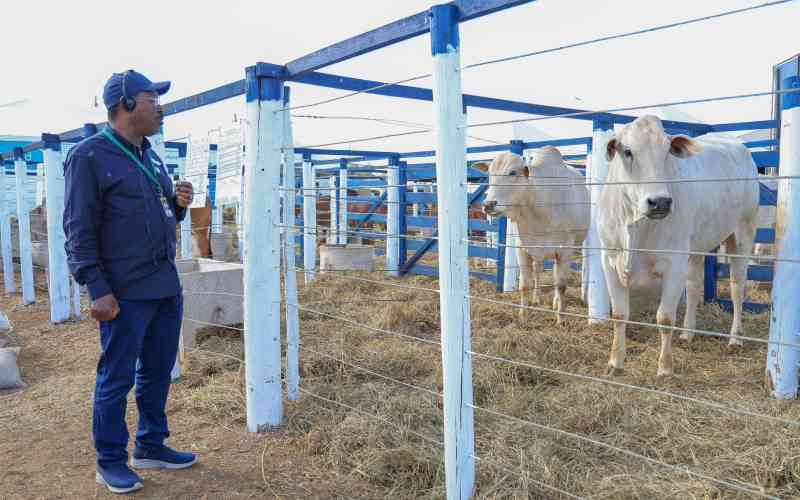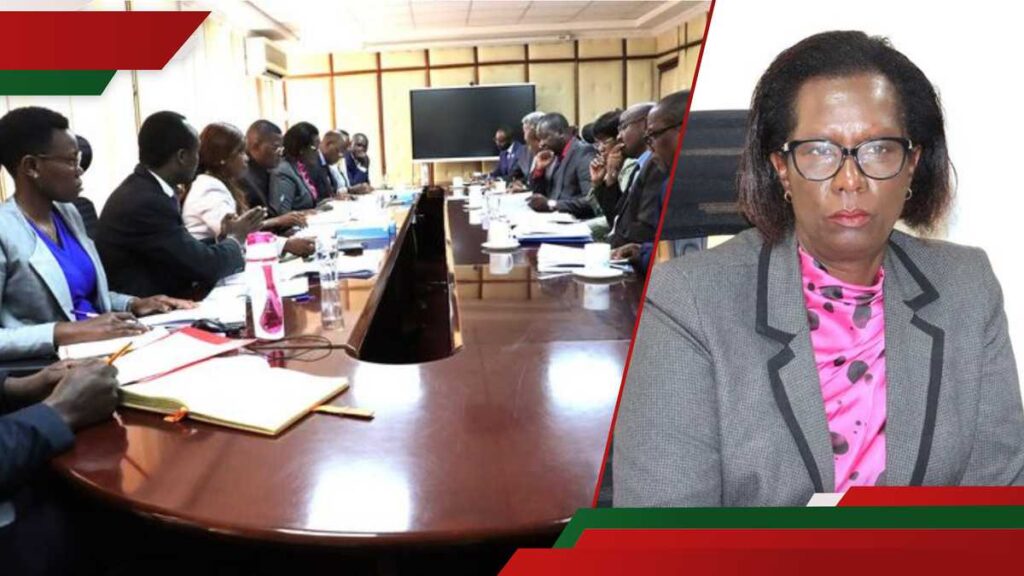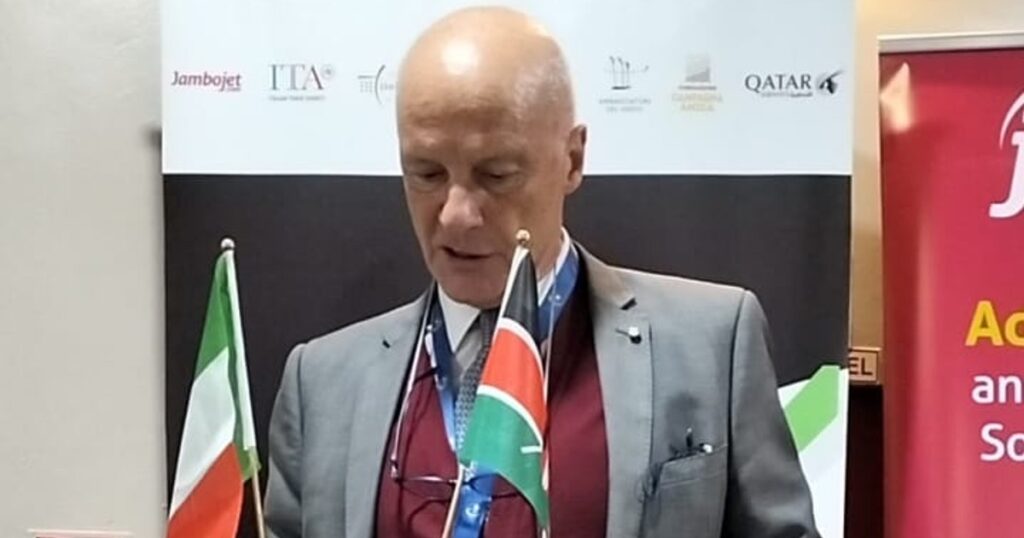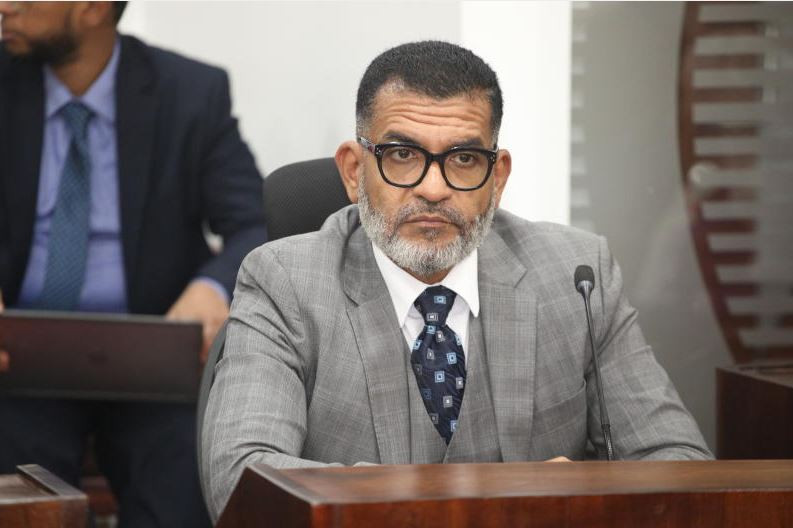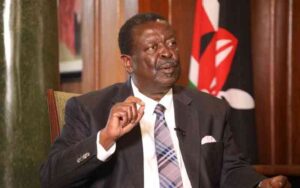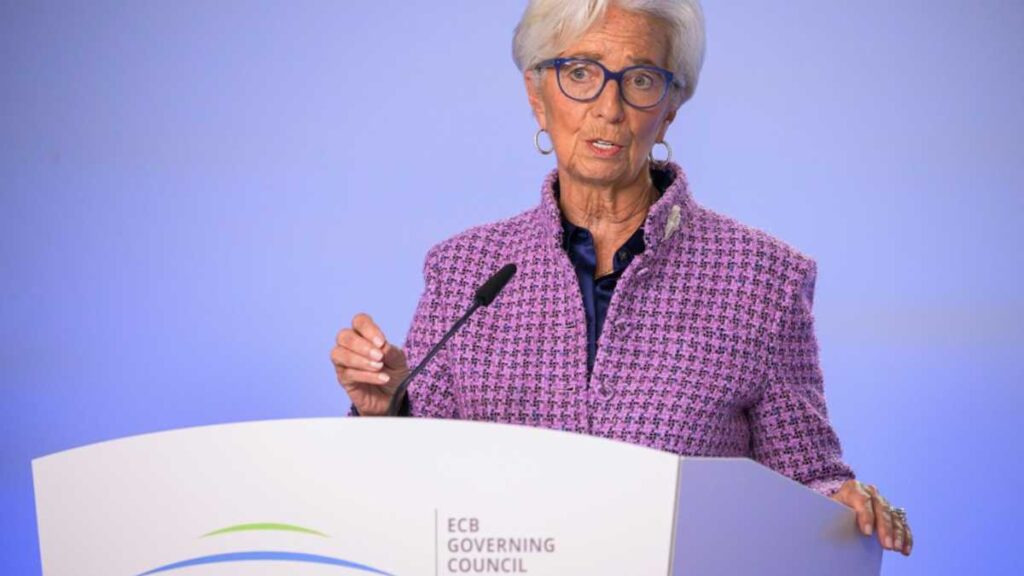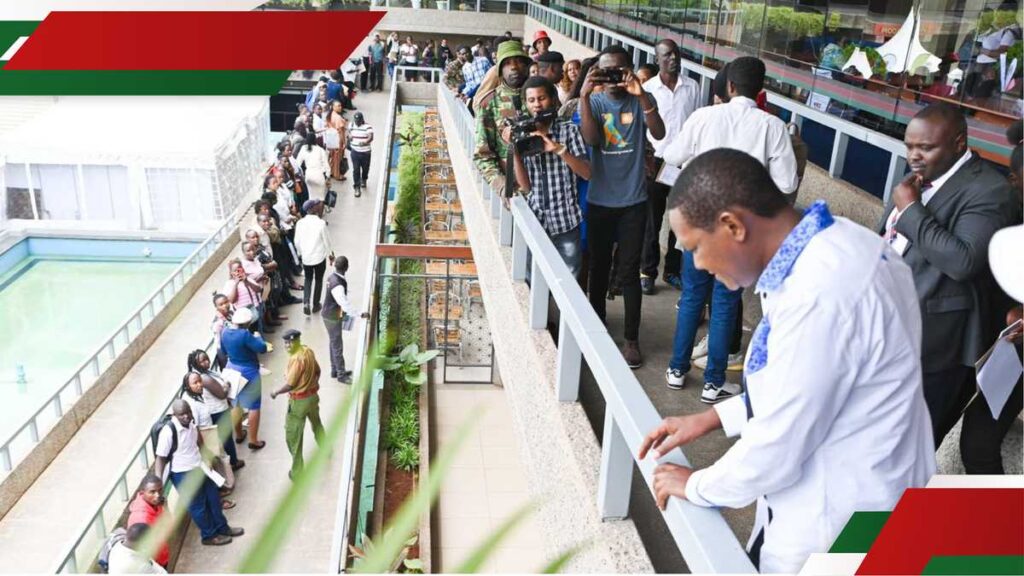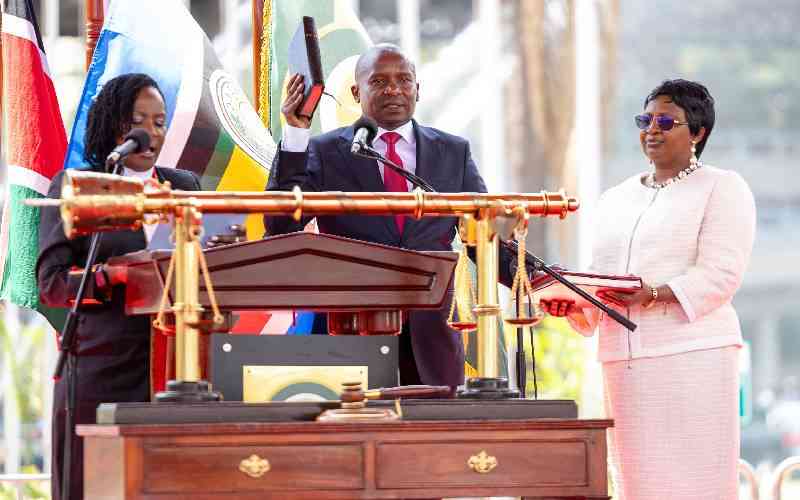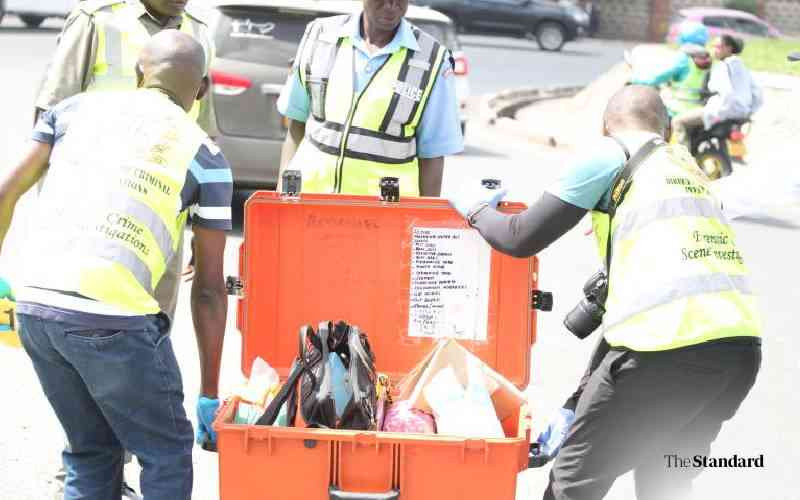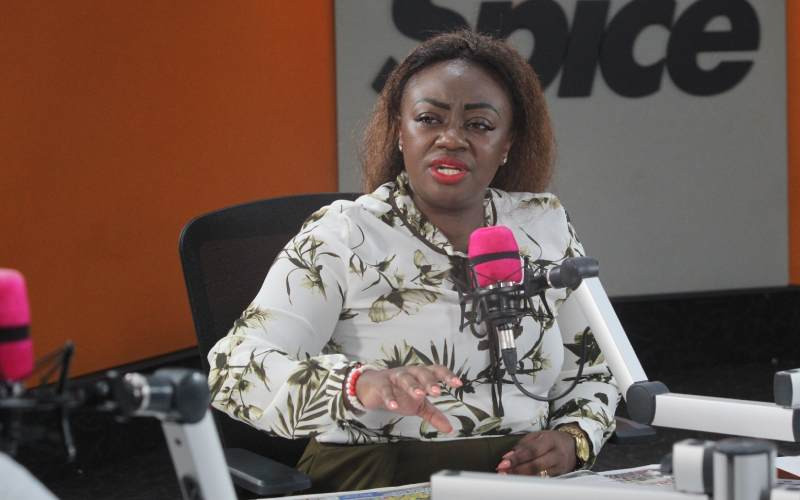Kenya has joined a Brazil-led initiative aimed at improving global food security and combating poverty.
The country is advocating for stronger partnerships among developing nations to address the rising hunger and climate-related threats to food systems.
At the second Brazil–Africa Dialogue on Food Security, Hunger, and Rural Development, National Assembly Speaker Moses Wetang’ula represented President William Ruto and praised Brazil’s leadership in addressing global food issues.
“We are here because the challenges facing food systems today—from climate change and biodiversity loss to economic shocks and conflict—are unprecedented and require urgent, inclusive, and evidence-based solutions,” Wetang’ula stated.
According to the 2025 Global Report on Food Crises, over 295 million people across 53 countries faced crisis-level hunger in 2024, driven by erratic weather and economic instability.
In both rural villages and urban neighborhoods, farmers are innovating with hydroponic gardens, e-voucher systems for farm inputs, and school feeding programs that connect classrooms to smallholder fields.
Wetang’ula mentioned that Kenya is moving from a reactive approach of emergency food relief to a proactive strategy focused on building resilience.
He highlighted several transformative reforms aimed at redefining agriculture as a tool for inclusive development.
Key interventions include adopting digital technologies to empower farmers with real-time data, scaling up inclusive agricultural finance, and investing in food production systems centered on youth and women.
“These efforts reflect our national commitment to ending hunger and building sustainable food systems,” Wetang’ula emphasized. “We are proud to be part of the Global Alliance Against Hunger and Poverty, launched last year in Rio de Janeiro, and we remain dedicated to contributing to this global effort.”
He further asserted that Kenya’s agricultural reforms focus on empowerment—utilizing technology to provide farmers with data, expanding access to inclusive finance, and creating pathways for women and youth to succeed in agri-business.
“It’s a shift from crisis response to resilience building, one that closely aligns with Brazil’s own agricultural journey,” he added.
Wetang’ula and his delegation, which included Nominated MP Sabina Chege and Nyaribari Chache MP Zaheer Jhanda, visited several model farms in Brazil.
There, they observed farmers transforming their communities through collective action, such as in the cotton-rich fields of the Cotton Victoria Project, backed by Brazil, as well as in large-scale livestock and sugar production.
Stay informed. Subscribe to our newsletter
“Livestock contributes around 12 percent of our GDP. We are eager to learn from Brazil how to expand our sector beyond local markets,” Wetang’ula shared.
The Speaker also noted Kenya’s growing trade ties with Brazil, highlighting increased exports of tea, coffee, and fish. In return, Brazil is helping to enhance Kenya’s cotton sector—a quiet symbol of South–South solidarity in action.
He called for broader cooperation through the African Continental Free Trade Area (AfCFTA) and MERCOSUR, the Southern Common Market, urging stronger trade links between Africa and Latin America.
“This is about more than trade; it’s about creating shared prosperity. It’s about ensuring that the farmer in Kisumu and the farmer in Bahia both have a fair shot,” Wetang’ula said.
Kenya’s delegation also commended Brazil’s leadership during its G20 Presidency, particularly its successful advocacy for the African Union’s inclusion in the G20.
“This move has amplified Africa’s voice in global economic discourse,” Wetang’ula remarked, praising Brazil’s commitment to inclusive development.
“Kenya reaffirms its dedication to not only achieving national food security but also to contributing meaningfully to the shared global mission of eradicating hunger and poverty.”








